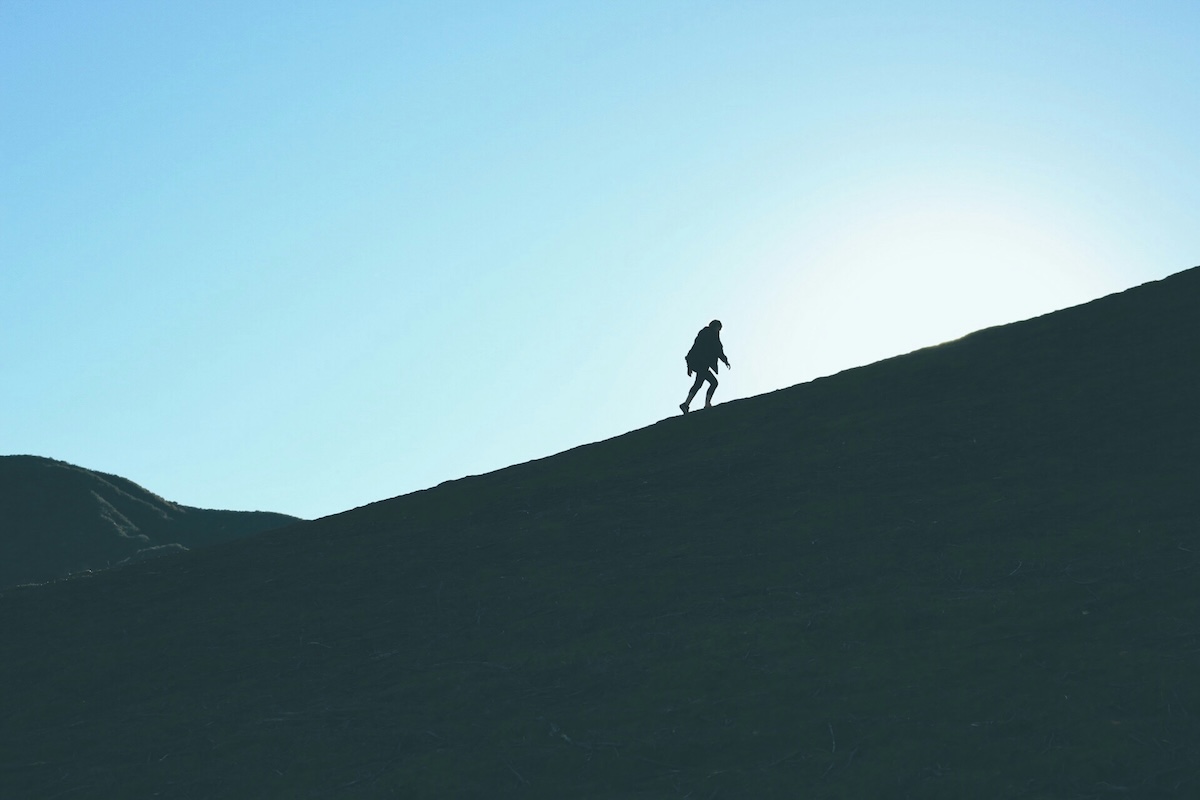
Some words get totally overused, right? Like they’re worn-out clothes you’ve washed too many times. “Resilience” is one of those – it’s everywhere! TED Talks, LinkedIn, Instagram… it’s become a bit of a cliché, used to describe everything and nothing all at once.
Talking about “pushing your limits,” especially “resilience,” isn’t always easy. It’s not like just slipping on your sneakers and heading out the door.
But I’m feeling upbeat today, so let’s give it another try. If we look at it the right way, it still means a lot. Think about sports, for instance.
### The Flexibility of the Soul
Resilience is basically a material’s ability to take a hit without breaking. But for us humans – the squishy kind who like comfy things – it’s about facing tough times, setbacks, and pressure. It’s not just about surviving; it’s about coming out stronger on the other side, maybe a little banged up, but stronger.
We’re talking about that inner strength that keeps you going after you fall. It’s not grit or ambition or even optimism. It’s something deeper. It’s that thing that kicks in when you want to give up but don’t. That extra gear you find when you think you’re totally empty, when your body screams “stop,” and your brain agrees.
Sports are the perfect place to build this. Because in sports, you fall. It happens all the time. Even when you win, something goes wrong – a pain, a bad day, a tough loss, an unexpectedly brutal hill. So what do you do? You keep going. Maybe a little slower, maybe muttering a few choice words, but you don’t quit.
### Training for Resilience
In sports, resilience isn’t a bonus; it’s the secret fuel that gets you to the finish line when everything tells you to stop. Because in sports, facing your limits is up close and personal, often brutally so.
There’s no hiding, no one to blame. It’s all on you. Whether it’s hitting the wall in a marathon or facing a tough opponent, your limit is right there. And you have to tackle it.
The cool thing is, you don’t notice it right away. When you train – running, swimming, biking, whatever – you focus on getting better physically. How long you can go, how fast you are, how well you breathe. But something else is building underneath. Something you can’t measure with a stopwatch or a heart rate monitor.
It’s the ability to be uncomfortable. To handle pain. To deal with frustration.
That’s resilience.
Sport is your personal lab (or gym, or pool) where you learn that falling isn’t the end. It’s a pause. Sometimes long, sometimes short, sometimes painful. But just a pause before you get up again.
You learn that failing doesn’t make you a failure. It just tells you what didn’t work, so you can do better next time. It’s like Groundhog Day: you keep repeating the same day (or workout, or race), but you learn something new each time – until you finally succeed.
### Beyond the Field, the Track, the Road
And here’s the awesome part: the lessons you learn on the field, track, or in the gym become everyday tools.
Resilience doesn’t just stay on the playing field. You take it with you, even if you don’t realize it.
It’s that inner voice saying “you got this.”
It’s the calm after the panic, the clarity after the anger, the ability to keep going even when you’re drained and all you have left is discipline… or hope.
That ability to handle discomfort – like sitting through a boring meeting – was honed in all those moments when you pushed yourself, even when you didn’t feel like it, even when it was freezing, even when your legs were burning and you still had miles to go.
You’ve learned to break huge challenges into smaller parts – like finishing a marathon or writing a huge report. You’ve learned that discipline is often more important than motivation, because motivation comes and goes, but discipline? That sticks with you. It keeps you going when you’re running on empty.
You’ve learned to live with frustration, not to be crushed by disappointment when things don’t go as planned.
That’s why athletes aren’t just chasing performance. They’re also – maybe without knowing it – learning to handle life better. To be more present. To bounce back. To understand that sometimes you don’t win, you endure. And that’s a win too.
You don’t need medals to be resilient. You just need to go through things. Experience them. Fall down and get back up. More than once, even if you don’t want to. And then start again.
Ultimately, pushing your limits in sports and building resilience is really just training for life. It’s preparation for setbacks, tough times, and those unexpected uphill battles. It won’t make you invincible – nobody is – but it’ll help you get back up faster.
Maybe that’s what resilience really is: not ignoring pain, but doing something with it. Even if it’s just taking one step forward.